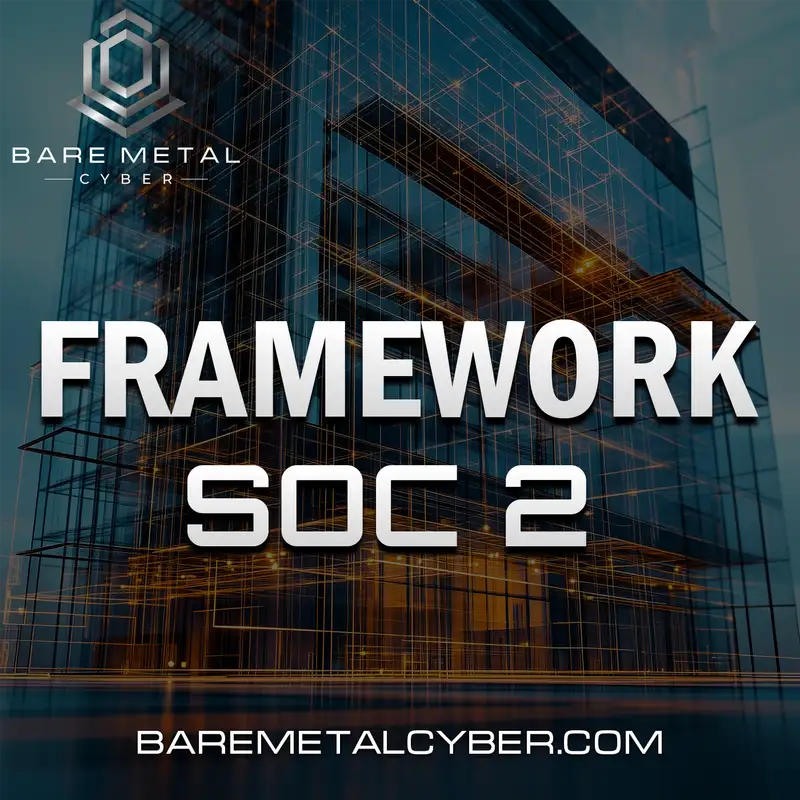Episode 21 — CC10 Data Integrity in Pipelines
CC10 ensures that information processed within systems remains accurate, complete, and valid throughout its lifecycle. It focuses on maintaining data integrity from input to output, particularly in automated or multi-stage processing pipelines. The exam highlights that controls must detect, prevent, and correct errors before they propagate downstream. Examples include input validation, reconciliation routines, and automated integrity checks in data transfers. Data integrity is not only about technical validation—it reflects the organization’s reliability in meeting its commitments to customers and partners.
In operational environments, data pipelines often span multiple services, APIs, and databases. Auditors test CC10 by reviewing control documentation, error logs, and system monitoring alerts that track data accuracy and completeness. Real-world scenarios include checksum validation in data replication or duplicate record detection in ETL processes. Failures in integrity can affect financial reporting, analytics accuracy, or compliance with contractual SLAs. Candidates should recognize that CC10 bridges Security and Processing Integrity criteria by ensuring that data processed under SOC 2 remains trustworthy and fit for its intended purpose. Produced by BareMetalCyber.com, where you’ll find more cyber audio courses, books, and information to strengthen your educational path. Also, if you want to stay up to date with the latest news, visit DailyCyber.News for a newsletter you can use, and a daily podcast you can commute with.
